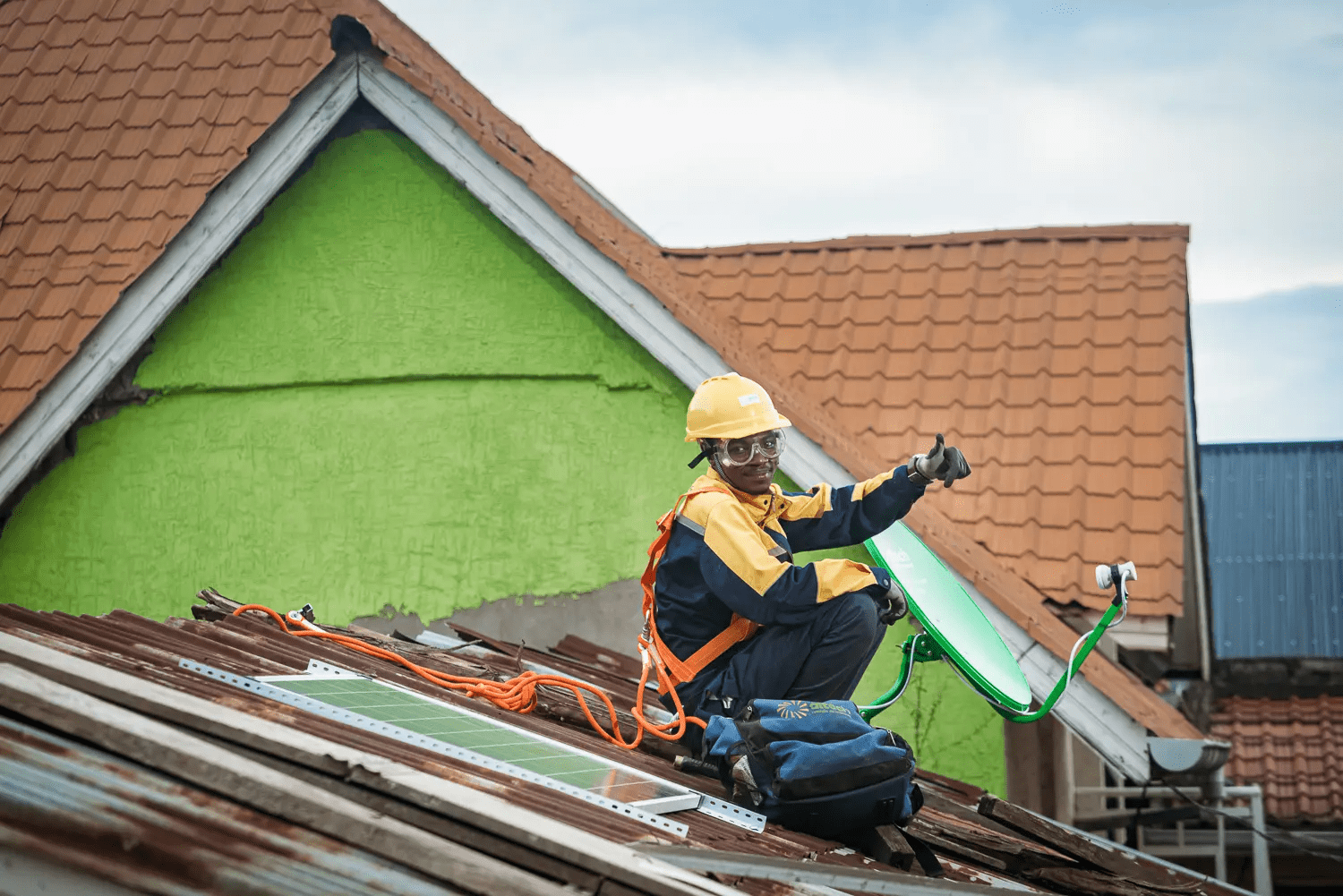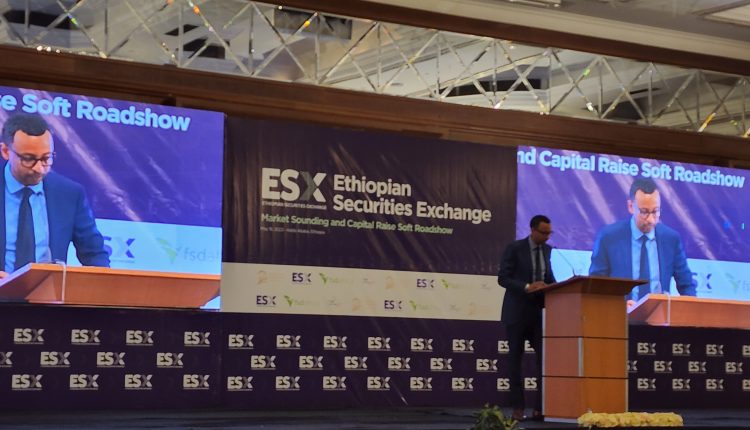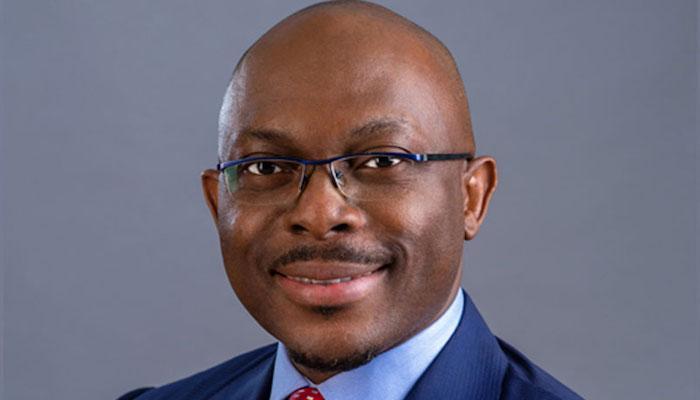Opinion by: Elias Omondi
It is a cruel irony that Africa – the continent arguably most exposed to the risks and ravages of a changing climate and economic uncertainty – is also the continent least protected by insurance instruments. African insurance penetration drives 3% of the continent’s GDP, a figure dwarfed by the global average of around 7%, and premiums per capita are 11-fold lower than the world average.
Unprecedented ecological change, compounded by global economic instability and woefully disrupted international supply chains, demand that Africans and African businesses enjoy the basic security and protection of insurance products. Moreover, the preponderance of small and medium-sized enterprises (SMEs) in Africa’s economic life only intensifies the need for some kind of safety net – so that already vulnerable communities are afforded a level of security to which they are surely entitled.
Though rarely cited as a fundamental bedrock for development, insurance and insurance-applicable technology are indispensable, and their importance is only growing. Indeed, the Brookings Institution characterises insurance as an “often overlooked” but nonetheless a crucial “behind-the-scenes factor driving growth at all levels of society, from family life to massive infrastructure projects to technology development”.
It is in this context that FSD Africa – the specialist development agency working to make finance work for Africa’s future – established the “BimaLab” programme in 2020. With the support of African regulators and backers such as Swiss Re Foundation, Prudential, SCBF, GIZ and FSD Ethiopia, we have developed an insurtech programme driving the development and scalability of inclusive and innovative insurance products which are tailored to address evolving African concerns and exposures.
BimaLab seeks to address – and ultimately plug – the “protection gap” predominant in Africa, cultivating the next generation of insurtech innovators through a combination of capacity building, technical assistance, funding support and help ensuring regulatory alignment and, where necessary, reform (take, for example, Ghana’s revisions of its Insurance Act to accommodate an “innovative licence category”).
Beginning three years ago with a pilot in Kenya, and then expanded to Nigeria and Ghana in 2021 and 2022, the programme has this year rolled out the accelerator programme in 10 African countries.
A cursory look at the numbers demonstrates the value this, and programmes like it, are already delivering for communities on the continent. In Kenya, Nigeria and Ghana, BimaLab-sponsored insurtechs have reached a million customers and have created 43 new insurance products and technologies. Moreover, close to 20 of BimaLab’s cohort have managed to sign strategic partnership agreements with major insurance players in the region, thereby accelerating the process of bringing new products and services to market and raising over $3m. Graduates of the BimaLab programme – CoverApp in Kenya, SosoCare in Nigeria and BeNew Insurance in Cameroon – have even won African Insuretech awards.
Bringing insurance to Africa’s SMEs
The urgency of democratising insurance in Africa derives in large part from the central role played by SMEs in the continent’s economic development. SMEs represent around 90% of all African businesses, generating 40% of the continent’s GDP and up to 80% of jobs. The resilience of these businesses, which do not enjoy the kinds of balance sheets that can withstand major disruptions unsupported, depends on our ability to create a viable and accessible insurance market.
Moreover, compounding Covid-19 and the economic chaos ensuing from the Russia-Ukraine conflict, African businesses are contending with the sharp end of climate change. Of the 10 countries most vulnerable to a changing climate, seven are located in Africa, and the sub-Saharan region contains 95% of the world’s rain-fed agriculture. Dwindling or unpredictable rainfall – as has been affecting East Africa recently – as well as rising temperatures, hurt small businesses in already impoverished communities, risking their economic collapse.
Access to insurance products has a transformative effect on the stability and resilience of African SMEs, through developing insurance products that are for once affordable and effective. Moreover, by supporting businesses at their most vulnerable, we can help cultivate the major enterprises of tomorrow, which will accelerate Africa’s development and its prominence in the global economy.
There is a widening protection gap in Africa that exposes tens of millions of people to radical unpredictability and leaves them entirely at the mercy of a rapidly changing climate and a destabilised global economy. By convening innovators, insurance companies, technology service providers, regulators and investors, we can transform insurance and the scale at which it is delivered, to communities where a basic safety net is of existential importance.
Read original article









